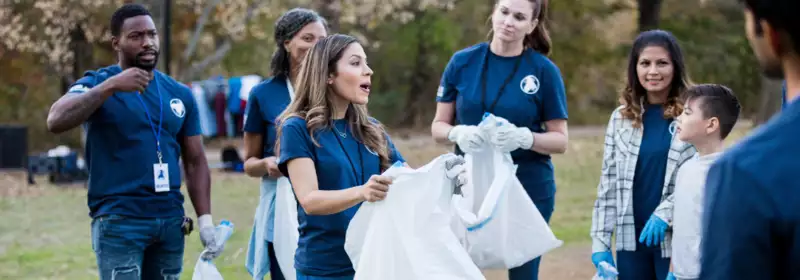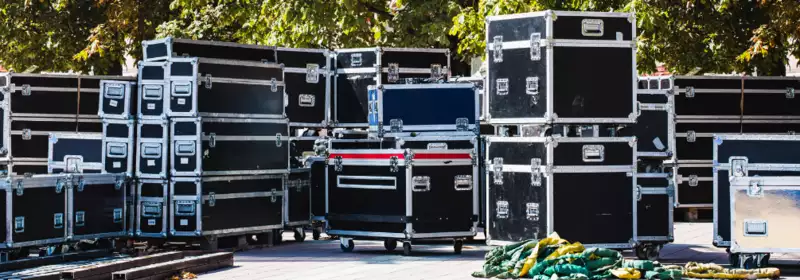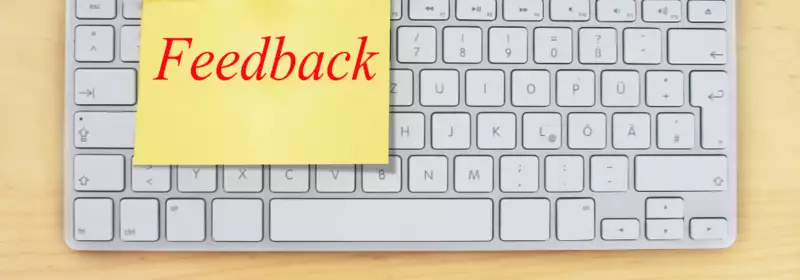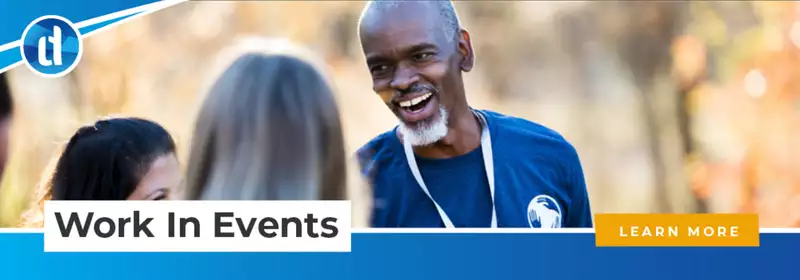An Event Coordinator is the execution specialist who takes an event plan and puts it into action. They are often referred to as Event Managers or Event Planners. And while there are similarities and overlapping responsibilities in these roles, they are quite different.
Generally, Event Planners help clients put their vision into a plan. They’ll discuss their ideas and throw out suggestions as to how they can make them a reality. They then iron out the details and lock in the location, date and budget that the client has agreed to.
Event Managers are then provided this plan and oversee its execution. Just like a Project Manager would, they keep watch of all the moving parts. Making sure things stay on time, on track and on budget.
Event Coordinators take the directives and put them in place. They aren’t usually involved with the design or planning of the event. Rather, they organise the induvial components within the plan and report any issues to the Event Manager.
This all sounds quite simple and clear cut, but often it’s far from the reality. Depending on how the event company or team is structured, these titles can be used interchangeably and their responsibilities merge.
You could be an Event Coordinator at a company which has a specific hierarchy and chain of command. Or you could work for another where the coordinator assumes the responsibilities of both the planner and manager of events.
Either way, it’s an incredibly exciting, dynamic and challenging environment to work in. Read on to get more of an idea of what an Event Coordinator can do in their role.

Before the event
Generally speaking, you wouldn’t be involved with the planning side of things if your role is strictly coordination. However, if you are tasked with this responsibility, you can expect to be client facing.
You’ll be working with clients to understand what they expect of their occasion. Helping them define the scope of the event in terms of its purpose, number of attendees, the date and time.
Following this, you’ll discuss any subsequent services or equipment that may be required. This could be anything from security, food and drink, photography, accommodation, transport, props, lighting and stage equipment.
Once this is clear you will scout locations and source vendors. Perhaps inviting the client along to make sure locations are suitable. Or organising tasting sessions to ensure the food and drink is up to standard.
Then you’ll lock in the chosen facilities, define the time frame and set the budget. You’ll also need to obtain details such as the guest list if it is already known. And be made aware of any VIPs. After which you can go ahead and plan seating and other arrangements.

In the lead up to the event
This is where Event Coordinators typically begin to shine. Depending on the size of an event, the preparation for it could take months or even a year. There can be many elements involved that you have to orchestrate so they all come together fluidly on the day.
Once the plan is received you must make sure all the boxes are ticked. That means sourcing any outstanding supplies or services, lining up sponsors and perhaps even celebrity guests.
Generally, the Event Manager would be in charge of negotiations, organising bids, contracts and creating comprehensive financial reports. However, this can fall onto you as an Event Coordinator if your job description dictates it.
Other responsibilities can include obtaining communications equipment like speakers or public announcement systems. Securing VIP areas, green rooms, organising gift bags, conducting press outreach and coordinating event entertainment like musicians, performers or speakers.
You may also be involved with creating a marketing strategy to attract potential attendees. Perhaps working alongside a marketing team to produce effective promotional materials and advertisements, while generating hype around the event.
Along the way, you might be required to establish event procedures and train the events team to properly execute them. Anticipating and planning for different scenarios.

On the day of the event
This is where you’ll need to keep your cool and think on your toes. As much as the event with be planned to the finest detail, things can go awry on the day.
You’ll be on site for the duration, working behind the scenes to make sure things go smoothly. Overseeing everything from event set up to tear down.
Duties will likely include organising support staff such as florists, caterers, DJs and emcees. Perhaps setting up registration tables for conferences or meeting rooms, reception areas and meals. You will also be touching base with caterers, bartenders and facilities staff to set up the facility. You’ll accept deliveries and direct key personnel such as photographers, videographers, VIP guests, press and security teams.
Generally, your duties will depend on your seniority. But you’ll be at the beck and call of Event Managers and Event Planners, assisting them with whatever they need.

After the event
Once the event is over with, you can generally take your foot off the peddle. Though there are still a number of tasks to perform. Besides the success of the event itself, this is where events teams secure and safeguard their reputation.
Again, this usually falls on the Event Manager or Planner, who deals with the client in most cases. But if follow up is part of your role then you’ll perform these additional tasks.
You must assess the performance of the event overall, analysing how well it met the objective and any targets set. You’ll contact the client and receive their feedback. Discussing any issues and points of success, making sure they are happy with the outcome and obtain references and reviews.
You’ll also need to follow up with vendors, pay invoices where applicable and send back any supplies that are left. You could also organise the distribution of surveys after the event to attendees in order to better gauge its success.
With experience, you could work your way up to become an Event Manager or Planner. And eventually, secure a position as the Senior Event Manager or Director of Events.

There is plenty of scope for progression within the events industry. If it’s a career path that interests you, you can get the skills you need with an online course.
By studying an Events Management course, you’ll learn all about Planning, Human Relations, Catering and Food Services, Marketing and Fundraising.
It is provided by learndirect, a leading UK distance learning provider. Who offer many online courses to help you achieve your personal and professional goals.
Take the next step to becoming an Event Coordinator today by clicking the link below to view the course in more detail.



















